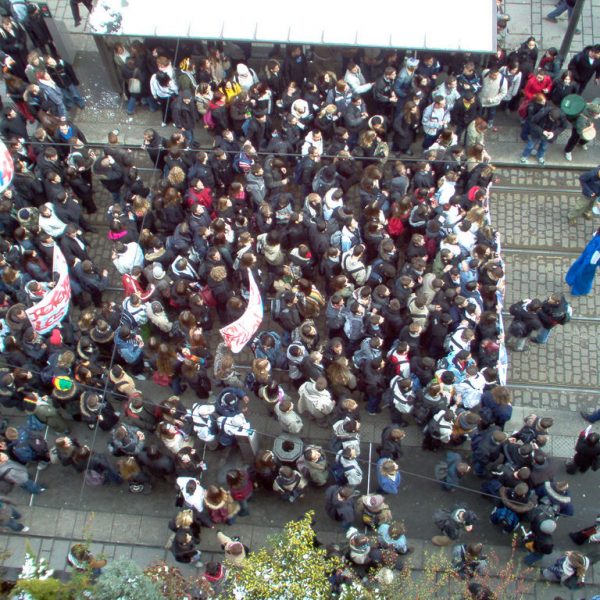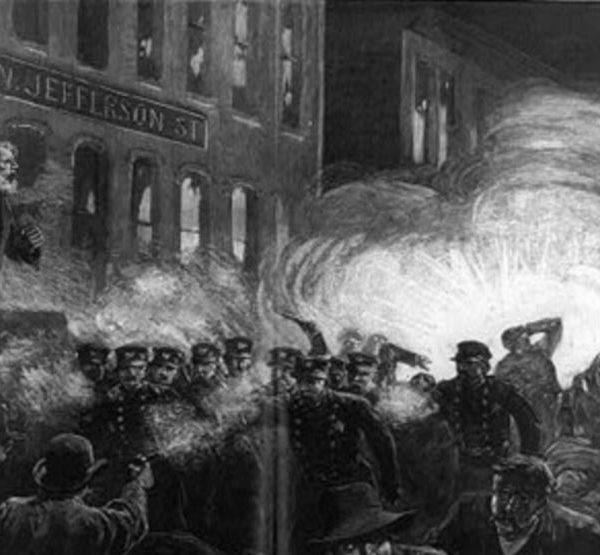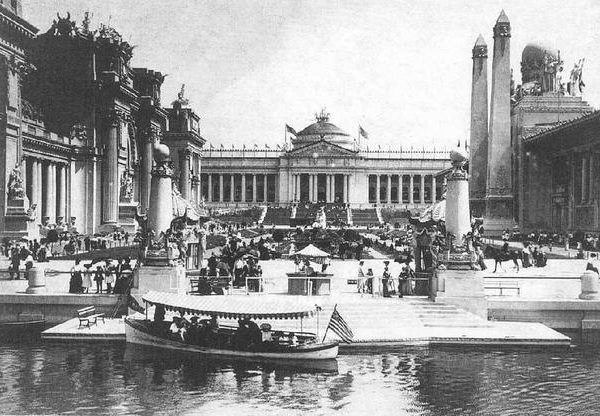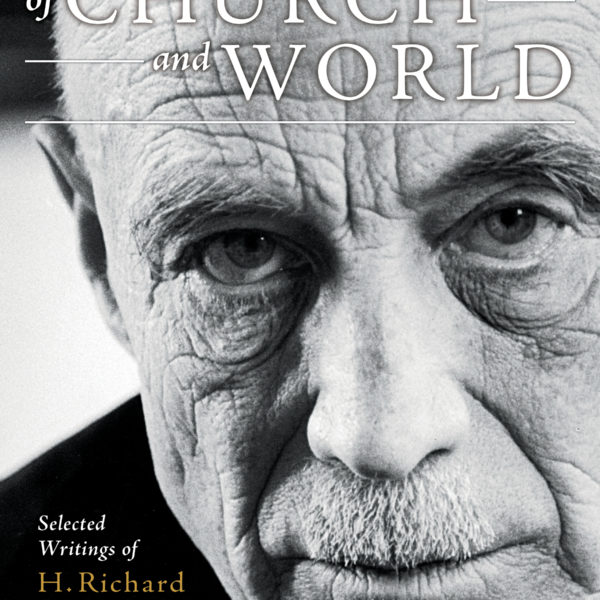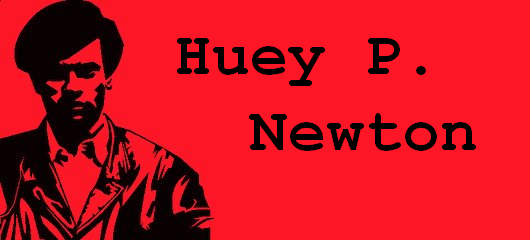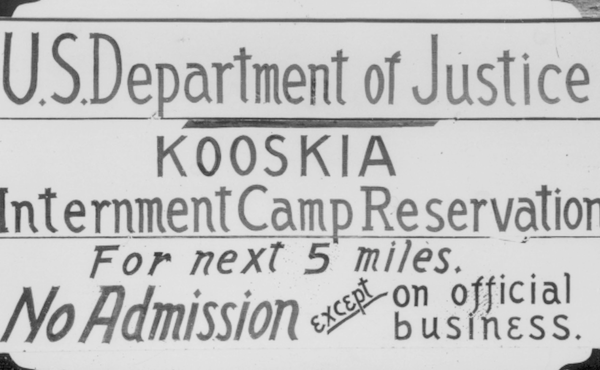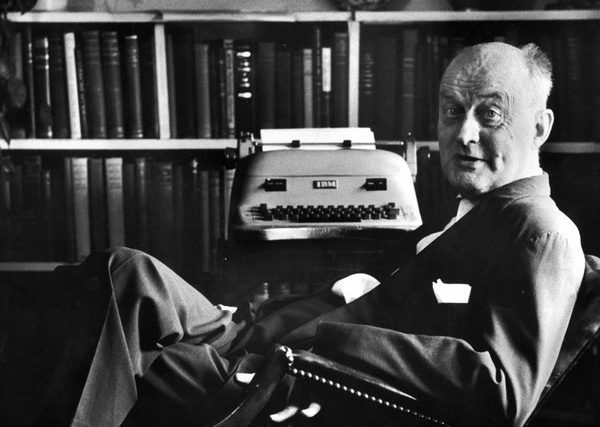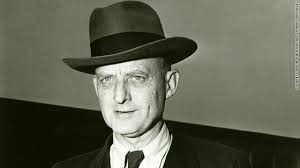
As we inch toward the presidential elections of 2016, crawling through a seemingly endless desert of soundbites, debates, and TV advertisements, we would do well to step back and revisit Reinhold Niebuhr’s Cold War liberalism. The new collection of Niebuhr’s Major Works on Religion and Politics, edited by Elisabeth Sifton, shows that Niebuhr’s political reflections are just as relevant today as they were when he wrote, and can guide us through the political wasteland in which we currently find ourselves.
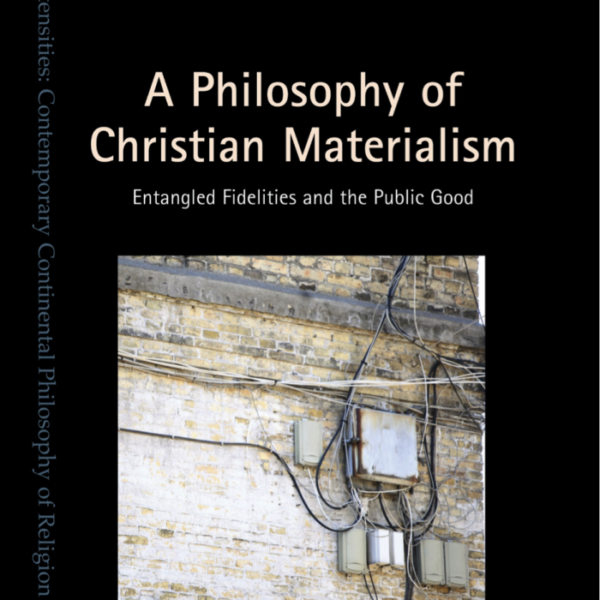
This book is both a project and a staging post on a shared journey. It is a place where, for a brief moment, the three of us came to rest in order to explore and expand upon our separate reflections on attempts to construct an appropriate contemporary conceptuality for Christianity, and its implications for engaged practice and public theology.
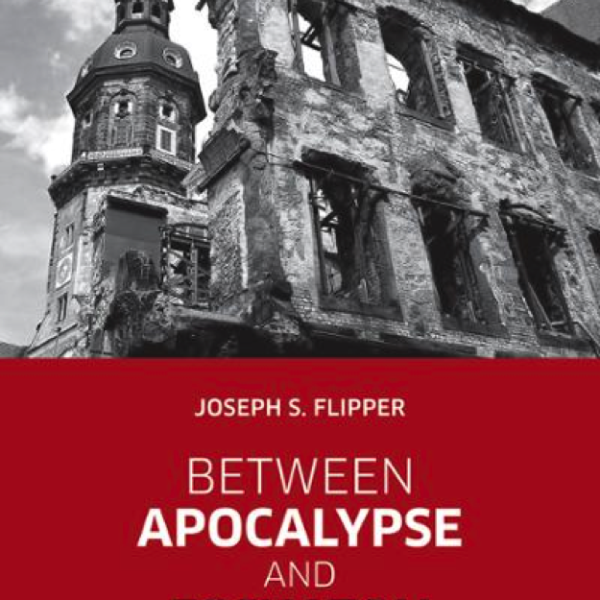
As a PhD student just starting my dissertation research I happened to meet the department chair of the theology department at a major Catholic university (my interlocutor and his university will remain anonymous). When he asked about my dissertation, I told him that I was researching Henri de Lubac. In a condescending voice he replied, “I didn’t realize anyone was still studying him.” I sheepishly responded, “Well, yes. Yes they are.”
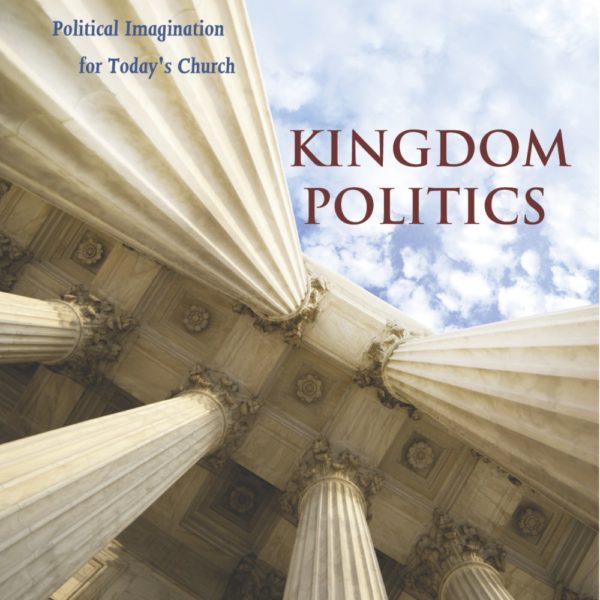
With the start of the 2016 election season now coinciding with the publication of Kingdom Politics: In Search of a New Political Imagination for Today’s Church, we are reminded of the beginnings of this book project. As the 2012 election cycle began picking up steam, we embarked on a journey to research the ways five diverse congregations engage and avoid politics, and the reasons they give for doing so.
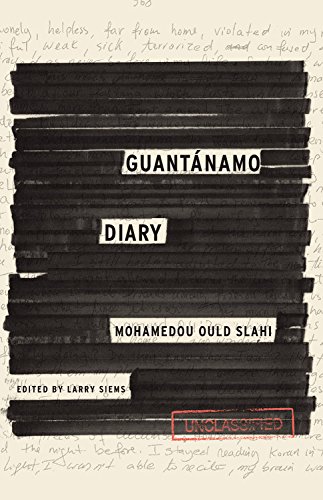
The discourse of terrorism is itself an ideology linked to conceptions of truth and identity, life and death, law and justice. But there is also a terror that exists in silence, a terror that bears no name because the life it destroys is not even recognized as having lived.
